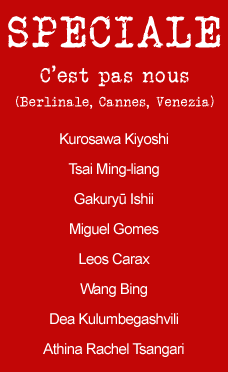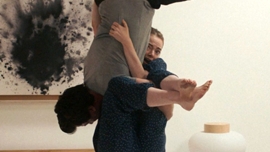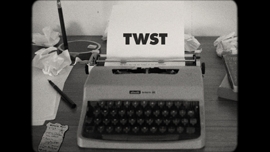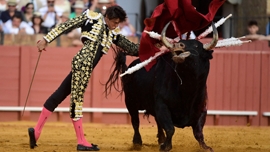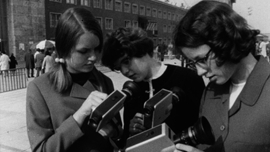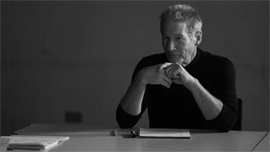"If I think about the future of cinema as art, I shiver" (Y. Ozu, 1959)
LOST HIGHWAYS (1) - Caught By the Tides (Jia Zhangke)
Lorenzo Esposito
Deep place
Quando David Lynch resisteva con fermezza all’ossessione interpretativa nei confronti dei suoi film, probabilmente profetizzava la sterminata messe di parole e interpretazioni che poi si sono puntualmente verificate (succedeva e succede lo stesso con Cronenberg, e bisognerebbe indagare meglio questa connessione tra un’idea di immagine e identità sempre da decifrare – come è quella dei due cineasti in questione – e la paradossale ‘naturalezza’ con cui provoca un vero e proprio diluvio di parole).
Dunque, come è già stato per la morte di Godard, non è solo per sfiducia nella parola critica (paradosso originario di questa rivista) che si sceglie di non parlare della scomparsa di Lynch, ma all’opposto per fiducia nel silenzio come possibilità di riflessione (che verrà esplicitata oppure no), specialmente se si tratta di figure davvero generazionali. Non scriveremo saggi né litanie su David Lynch, semplicemente lo ripensiamo considerandolo per sempre regola del gioco (come Straub, Iosseliani, Corman o Cissé per citare quattro recenti scomparse monumentali).
 Il titolo di questo numero di film parlato (ancora variamente intrecciato attorno all’eterna illusione di nome documentario, soprattutto nelle sue ultime non così tanto tortuose vie che sembrano riportarlo alla fiction assoluta da cui è nato e di cui anzi è il primo generatore), indica con Lost Highways (al plurale) la medesima non-interpretazione che ne dava Lynch (al singolare), e per esattezza il contrario di strade perdute, e cioè che sarebbe proprio il movimento del disorientarsi, del biforcarsi dei sentieri, a costituire il massimo di intensità dello sguardo (per cui Lynch si muove sempre tra mistero e trasformazione).
Il titolo di questo numero di film parlato (ancora variamente intrecciato attorno all’eterna illusione di nome documentario, soprattutto nelle sue ultime non così tanto tortuose vie che sembrano riportarlo alla fiction assoluta da cui è nato e di cui anzi è il primo generatore), indica con Lost Highways (al plurale) la medesima non-interpretazione che ne dava Lynch (al singolare), e per esattezza il contrario di strade perdute, e cioè che sarebbe proprio il movimento del disorientarsi, del biforcarsi dei sentieri, a costituire il massimo di intensità dello sguardo (per cui Lynch si muove sempre tra mistero e trasformazione).
La prima di questa strade della trasformazione (in copertina) è di nuovo Caught By the Tides di Jia Zhangke, film essenziale, di cui non si parlerà mai abbastanza. Tutto parte dai materiali girati per anni (a cominciare dal 2001, cioè da quando Jia Zhangke è passato al digitale) come dei documentari paralleli alle riprese del film che stava facendo. Caught By the Tides in particolare parte dai girati paralleli a Unknown Pleasure (2002) e Still Life (2006) e li trasforma in una narrazione ‘nuova’, constatandone la naturale adesione a un’idea di tempo e spazio ciclica e insieme frastagliata, dove lo sguardo è tanto politico quanto il senso muta di continuo, sporgente verso un’altra dimensione già mentre si filma, in qualche modo profezia delle future possibilità e trasformazioni (esattamente quello che Lynch condensa in un solo film: in effetti è questo l’unico significato di Lost Highway). In questo modo documento e finzione non si limitano a coincidere, ma risuonano a vicenda in un luogo volutamente indefinibile e ancora tutto da esplorare, al tempo stesso correnti fiumi e affluenti, il film passato e il film futuro che ne è stato per così dire tratto, anzi in cui è inevitabilmente contenuto. E i corpi e i volti – come voleva Godard – sono per forza documentario nel documentario, appunto finzione assoluta.
film parlato #20
-
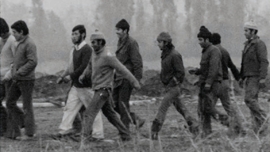 LOST HIGHWAYS (5) - El Realismo socialista (Conversazione con Valeria Sarmiento)
LOST HIGHWAYS (5) - El Realismo socialista (Conversazione con Valeria Sarmiento)Lorenzo Esposito, Daniela Turco
-
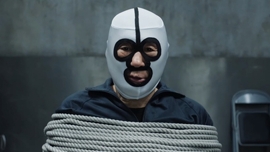 LOST HIGHWAYS (6) - Broken Rage (Takeshi Kitano)
LOST HIGHWAYS (6) - Broken Rage (Takeshi Kitano)Fulvio Baglivi, Lorenzo Esposito
-
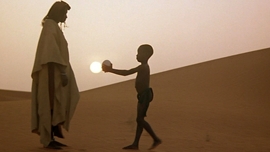 LOST HIGHWAYS/CHAMBRE VERT - Souleymane Cissé
LOST HIGHWAYS/CHAMBRE VERT - Souleymane CisséRoberto Silvestri
Ultimi articoli pubblicati
- 2025-03-24 Chime/Cloud/Serpent’s Path (Kurosawa Kiyoshi)
- 2025-03-24 Abiding Nowhere (Tsai Ming-liang)
- 2025-03-24 The Box Man (Gakuryū Ishii)
- 2025-03-24 Grand Tour (Miguel Gomes)


